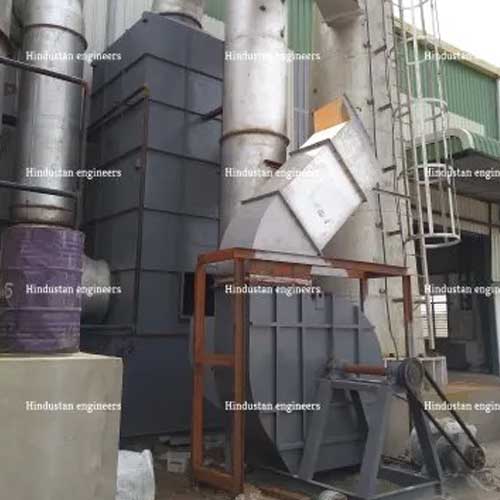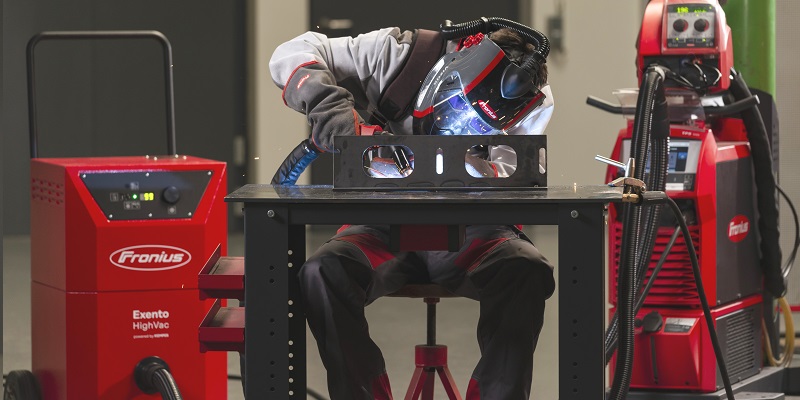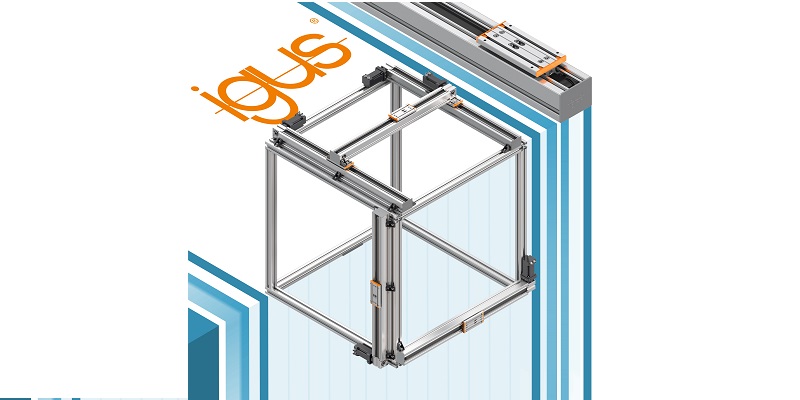Schedule a Call Back
Role of smart sensors in monitoring air quality in industrial environments
 Articles
Articles- Jul 26,24

Related Stories

Role of smart sensors in monitoring air quality in industrial environments
Maintaining air quality within industry premises and surrounding areas is becoming increasingly important today. Smart sensors can be an effective tool to improve air quality, says Emily Newton.
Read more
Navigating industrial risk management in the age of Industry 4.0
As industrial sectors embrace new technologies across their operations, the risks and opportunities to address them change. Recognising the possibilities and dangers of Industry 4.0 in risk manageme..
Read more
TFS launches ‘Make in India’ air quality monitoring system analysers
Designed to provide accurate data on air pollutants and gases, the AQMS analysers play a crucial role in monitoring and regulating industrial emissions, contributing to the government’s efforts in..
Read moreRelated Products
Air Purifier sales soar in North India amidst rising pollution threat
As the nation succumbs to the festival frenzy and businesses prepare for booming sales, consumers in northern India are equipping themselves with a crucial device amidst plummeting temperatures: air p Read more

Pollution Control System
Hindustan Engineers offers a wide range of air pollution control system. Read more













